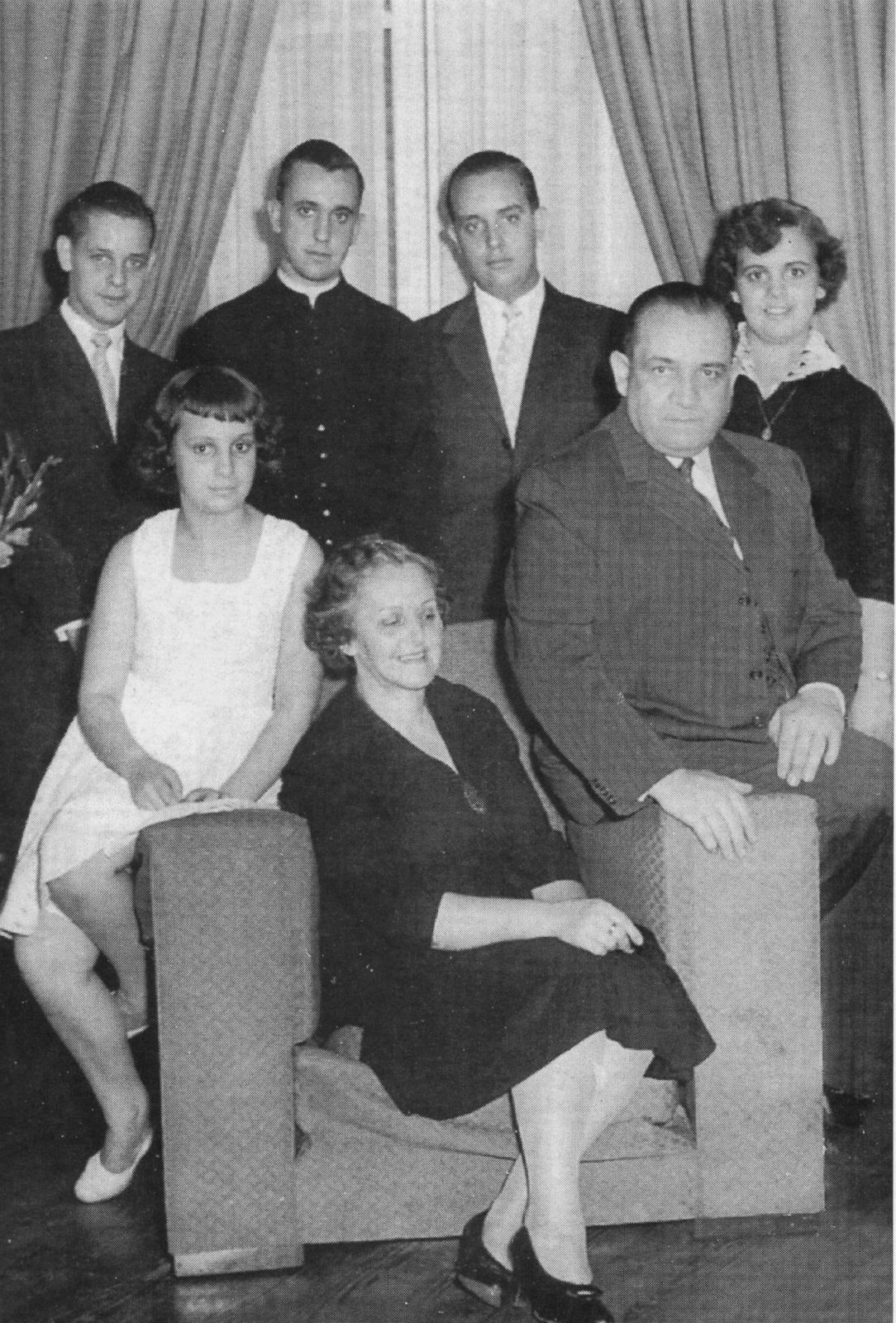Pope Francis has consistently been a figure of intrigue and debate, particularly when it comes to his views on various societal issues. His leadership style often blends tradition with modernity, making his stance on certain topics highly anticipated by both Catholics and non-Catholics alike. One such topic is Freemasonry, an organization that has historically been at odds with the Catholic Church.
As the leader of one of the world's largest religious institutions, Pope Francis's words carry significant weight. Recently, his position on Freemasonry has sparked discussions worldwide. Despite some recent calls for dialogue between the Church and Freemasons, the Vatican under Pope Francis has reaffirmed its long-standing ban on Catholics joining Masonic organizations. This article delves into the nuances of this stance, exploring the theological reasoning behind it and its implications for Catholics today.
Dialogue and Tradition: A Complex Relationship
In the heart of Rome, amidst centuries-old traditions, a cardinal recently suggested the possibility of a permanent dialogue with Freemasons. This proposition came as a surprise to many, hinting at a potential shift in the Church’s historical stance. However, this apparent opening was quickly countered by the Church’s theological advisors, who reiterated the longstanding prohibition against Catholics becoming Freemasons. The official position, rooted in centuries of doctrine, remains unchanged since the 18th century, most recently confirmed in response to queries from a bishop in the Philippines.
This back-and-forth between openness and firmness reflects the complex relationship between tradition and modern dialogue within the Catholic Church. While some voices advocate for a reevaluation of past prohibitions, the core teachings emphasize the irreconcilable differences between Catholic doctrine and Masonic principles. This tension underscores the challenges faced by the Church in navigating contemporary issues while maintaining doctrinal integrity.
The Church's prohibition dates back to 1738, when Pope Clement XII formally condemned Freemasonry. Since then, multiple papal decrees have reinforced this stance, underscoring the gravity of the issue. For Pope Francis, the decision to uphold this ban aligns with the Church’s commitment to preserving its foundational beliefs, even as it engages with the modern world.
Upholding Doctrine: The Reason Behind the Ban
The Vatican's reaffirmation of the ban on Catholics joining Freemasonry highlights the importance of maintaining doctrinal consistency. Pope Francis's approach, characterized by inclusivity and reform, does not extend to altering fundamental tenets of the faith. The prohibition, originally instituted in 1738, was confirmed once again through a document signed by Pope Francis and Cardinal Victor Fernández. This document serves as a reminder of the Church’s steadfast adherence to its principles.
While the method employed by Pope Francis's Vatican may differ from previous administrations, the essence of the prohibition remains intact. The motivations behind the ban reflect concerns about the compatibility of Masonic ideologies with Catholic teachings. By reiterating this stance, the Vatican seeks to clarify any ambiguities and reinforce the boundaries of Catholic practice.
For Catholics, understanding the reasons behind the ban is crucial. It involves recognizing the philosophical and theological conflicts that exist between Freemasonry and the Church. This clarity helps ensure that faithful adherents remain aligned with the teachings of their religion, avoiding practices that could compromise their spiritual well-being.
Reaffirming Faith Amidst Dialogue
In light of recent events, such as seminars discussing the relationship between the Catholic Church and Freemasonry, Italian Bishop Giuseppe Betori reaffirmed the Church's position. He emphasized that active membership in Freemasonry is forbidden due to the irreconcilability of Catholic doctrine with Masonic principles. This statement followed a seminar where participants explored the historical context and current dynamics between the two entities.
Bishop Betori's clarification underscored the seriousness of the issue, reminding Catholics that belonging to Masonic lodges constitutes a serious state of sin. Furthermore, individuals in such a state are barred from receiving Communion, highlighting the Church's commitment to upholding moral and spiritual standards. This message serves as a call to reflection for those considering involvement with organizations deemed incompatible with Catholic values.
Despite calls for dialogue and mutual understanding, the Church's position remains unwavering. This steadfastness ensures that the integrity of Catholic teachings is preserved, guiding the faithful through a complex and ever-changing world. As the Church continues to engage with diverse perspectives, its core doctrines provide a stable foundation for believers to navigate their spiritual journey.

